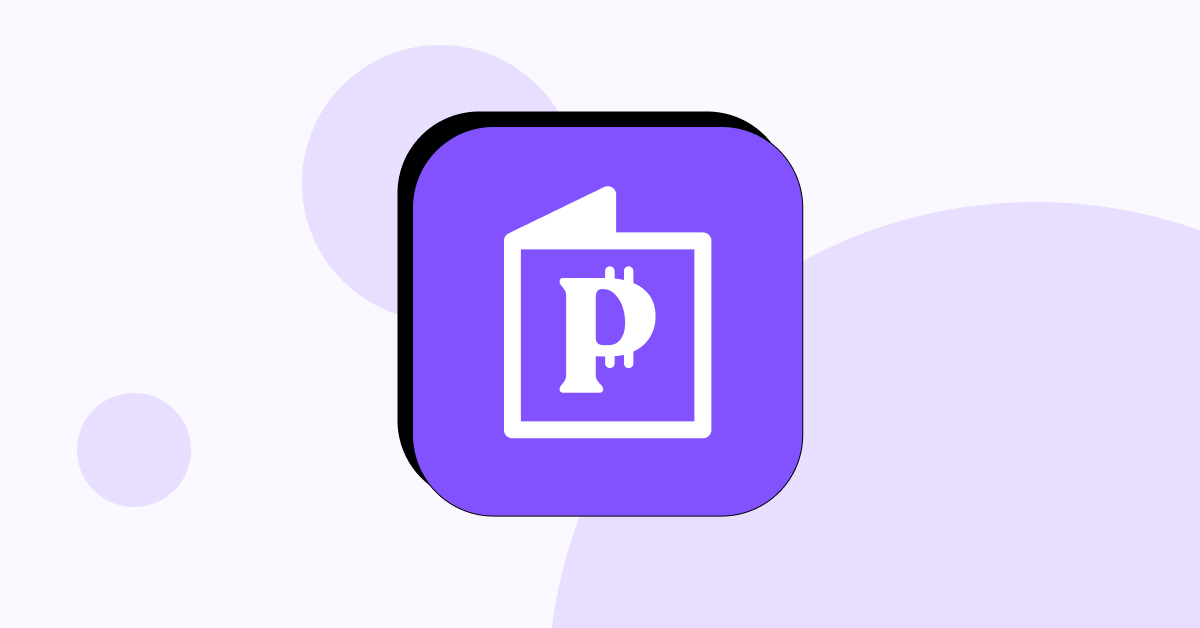Financial stability is the main benefit of salaried employees because it allows them to save income each month. Even if your pay isn’t above average, good habits and a stable salary can do wonders for your savings account.
The trick is to manage your monthly expenses to live at least a bit below your means and put the rest into your savings account consistently. We discuss the details of how to save money from your salary below.
Main Tips on Saving Money From Your Salary
Most budgeting rules, such as the popular 50/30/20 rule, recommend putting aside at least 20% of your income into savings. Making this a reality requires you to have healthy financial habits. Our tips are all about building over time and then seeing the results in your savings account.
Long-Term Financial Planning
A budget is a plan that defines your income and expenses. It’s the first step to understanding how to save money from salary because it gives you control over your finances. A good budget is detailed for each week and month, but it also readies you for long-term financial planning.
- List your income sources, such as salary, side hustle income, investment returns, etc.
- Detail your necessary expenses – rent/mortgage, utilities, groceries, transportation, and any other bills you must pay.
- Determine your disposable income by subtracting expenses from gross income.
With these three variables in mind, consider how much of your disposable budget you can allocate to savings and how much your expenses can be cut. All of it must align with your long-term savings goals, as it’s the thing that keeps you motivated to change habits.
Pay Yourself First
One of the most common excuses for not saving is that there’s nothing left from your paycheck. You might be in such a tight spot, but for most people, groceries, utility bills, and taxes aren’t the biggest expense. It’s bars, hobbies, and unnecessary subscriptions that dominate.
That’s where the “pay yourself first” principle comes in. Whenever you receive a paycheck, allocate a wanted amount to your savings. Only then pay for everything else and live off of your wage. Saving must become your first priority, or you might not save anything at all.
Track Your Expenses
As one of the greatest budgeting quotes by Warren Buffet goes: “Rich people stay rich by living like they’re broke. Poor people stay poor by living like they’re rich.” You must spend within your salary, and for that to happen, you must track your expenses.
The top three expenses of American households are transportation, housing, and food. Coincidentally, these areas are also getting the most expensive. You want to start tracking your expenses here and add entertainment for good measure.
- Food: Eating out and food delivery can be expensive. Have a set budget to limit such occasions.
- Transportation: Track how much you spend for traveling more conveniently than necessary.
- Shopping: Have a budget for different types of products you purchase and compare prices at different stores.
- Entertainment: Some fun is necessary, but many services are bidding on you to forget about them. Cancel subscriptions you don’t use or need.
Automate Your Savings
Transferring funds to your savings account can be difficult psychologically. There always seem to be things that require cash, and you itch to start saving the next month instead of right now. Automating your savings is a good solution. Simply set a recurring payment from your bank account the day after your paycheck and deal with other monthly expenses later.
It’s also one of the ways to save on a tight budget, as you might not even see the money that goes into your savings account or investments. No matter how small your wage is, most banks will allow you to allocate a portion of it to your savings immediately.
Use Cashback Apps and Websites
Cashback apps and websites can help you save on your purchases. These platforms return a percentage of what you spend when you shop at specific stores or purchase through their websites. You can then redeem your rewards for cash or gift cards.
Some popular cashback apps and websites include Rakuten, Honey, and Ibotta. Before making a purchase, check if the store you’re shopping at is listed on any of these platforms to see if you can earn cashback rewards.
Reduce Your Debt
Interest on debts may add up over time and sabotage your savings if not paid out on time. If your debt interest is higher than what you can save in a savings account or other investments, then you should pay off debt first. This does not apply to emergency funds (usually two or three months of salary), which should be saved up first.
If you have multiple debts, it’s a good practice to list them in order of interest rates. Pay the highest ones first and then prioritize the lower ones. Consumer debt, like the ones from credit cards, tends to be paid faster. Lower-interest debt, like a mortgage, might not be worth paying off quickly.
Invest a Portion of Your Salary
If you are brave and knowledgeable enough, it might be wise to consider investing your savings in different ventures to generate interest. A good rule of thumb here is to not put all of your apples in one basket and diversify the risks. Here are investment options to look into:
- Direct Equity
- Mutual Funds
- National Pension system
- Bank Fixed Deposit
- Real Estate
It’s important to be realistic about your investment goals, as it is difficult to earn over 10k per month from passive income. Many such strategies carry risks that are too high for your emergency fund or savings.
Save on Utilities
A large part of learning how to save money from salary is knowing how to save on utilities. Most of the strategies involve making your home more energy efficient and changing some of your habits.
- Use energy-efficient appliances and light bulbs: Energy-efficient appliances and light bulbs use less energy, which can help you save on your electricity bill.
- Lower your thermostat: Configuring your settings for summer and winter weather can help you lower expenses on your heating and cooling bills.
- Use water-saving devices: Installing water-saving devices, such as low-flow showerheads and faucets, can help you save cash on your water bills.
Consider Starting a Side Hustle
If money from your salary isn’t enough to start saving money as fast as you need, consider starting a side hustle. It’s a job or business you can do outside your regular job. Some popular side hustles include running vending machines, freelancing, pet-sitting, and taking online surveys from websites like Pawns.app.
Passive income side hustle ideas, such as internet sharing, are what most people strive for since you won’t even need much time to get the extra income to use for savings. Determine your financial goals and possibilities and make a plan to increase your income with side hustles.
Be Mindful of Your Spending Habits
Impulse spending is one of the most common reasons for overspending. Becoming mindful of your purchases will ensure that you stay on track to your financial goals. Before making a purchase, ask yourself if you need the item or if it’s something you can do without.
Another neat trick is to implement a three-day rule, where you wait for three days before making any major purchase. You can also set a spending limit for each category of expenses you make. It’s a sure way to ensure financial stability.
Where Should I Save Money From My Salary?
Learning how to save money from your salary is, in large part, also knowing where to keep it. It’s a bad idea to keep it in cash since saving is done in the long term, and inflation can eat up your savings rather quickly.
Ideally, you want to gather enough interest from your savings so that it would outweigh the effects of inflation. For example, the annual inflation in the US for most months of 2023 was below 5%, so having a savings account with such interest is a good start. Some other options to consider are Bonds, Treasury Bills, Money Market Funds, Deposit Accounts, and other low-risk options.
Conclusion
None of the methods on how to save money from salary is a get-rich-quick scheme. Instead, you must rely on your motivation and self-discipline. Expect slow but steady progress that builds your wealth one paycheck at a time. The rest is defining your savings goals and staying realistic with your expectations.
FAQ
Should I prioritize savings or debt repayment?
Having an emergency fund is crucial to your well-being, so it must be prioritized. If that’s already sorted, consider how expensive your debt is.
If it’s a high-interest consumer, debt paying it first will likely be more beneficial. If it’s a low-interest debt, such as a mortgage, you might get more out of keeping the excess money in a high-yield savings account.
What are the best apps for tracking expenses and saving money?
There’s an abundance of great budgeting apps to track your expenses – Goodbudget, QuickBooks, and Expensify are a few worth mentioning. It’s also important to consider how much you’ll get out of them as many of them are paid. Some functions can be done with a spreadsheet or are offered by your bank for free.
How can I start saving money from a small salary?
Some of the main strategies for saving on a low salary are paying yourself first, planning long-term, and tracking your expenses meticulously. It’s also helpful to save on utilities, use a cashback app, and be mindful of your spending in general. Lastly, you should consider increasing your income with a side hustle.
What is the 50/30/20 rule, and how can it help me save from my salary?
The 50/30/20 budgeting rule is a simple yet effective method of managing your expenses to increase savings. It starts by dividing your monthly income into expenses (50%), wants (30%), and savings (20%).
Depending on your situation, you can tweak the formula a bit or switch savings to paying off high-interest debt. The important part is staying consistent with your formula.


